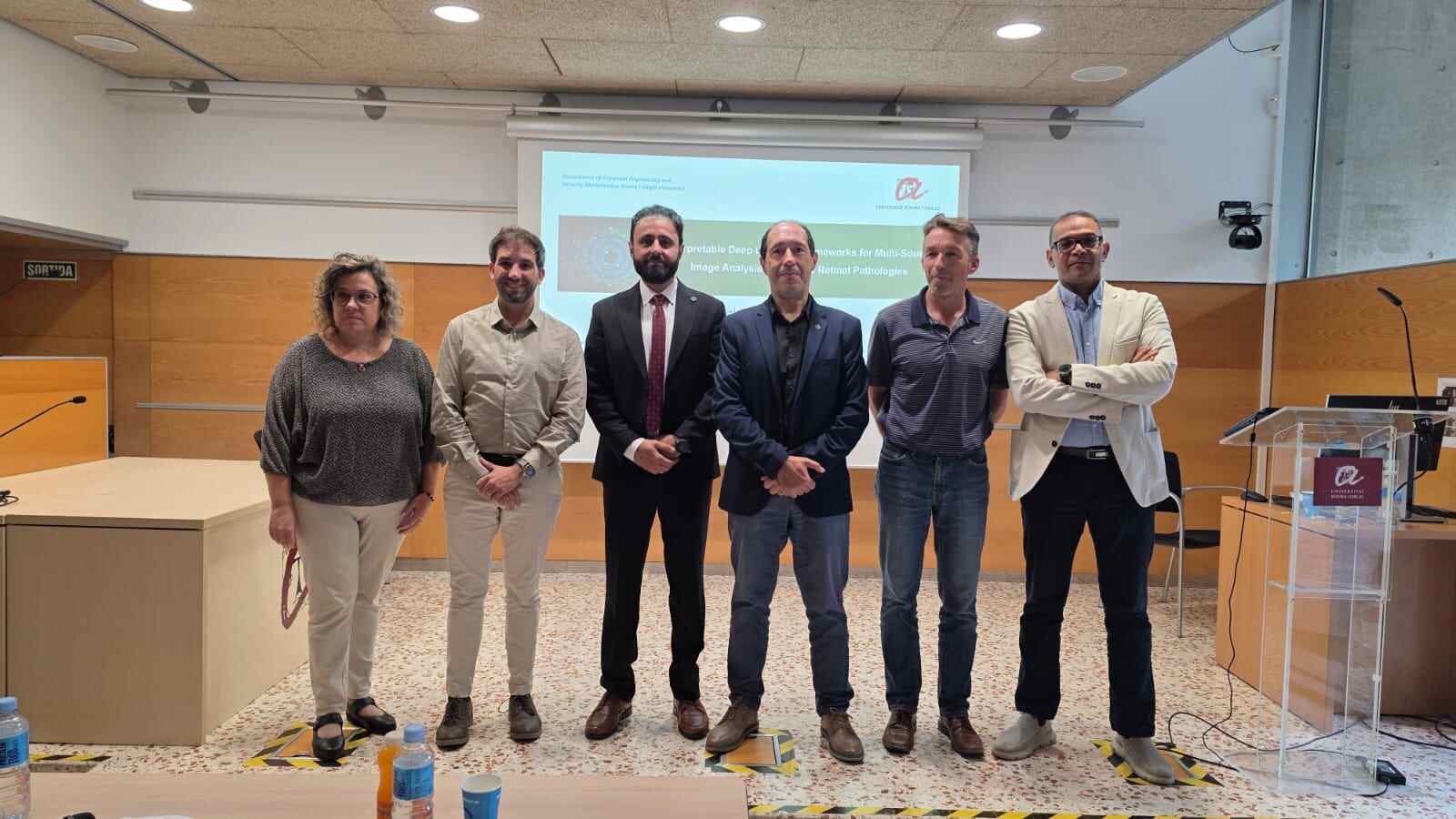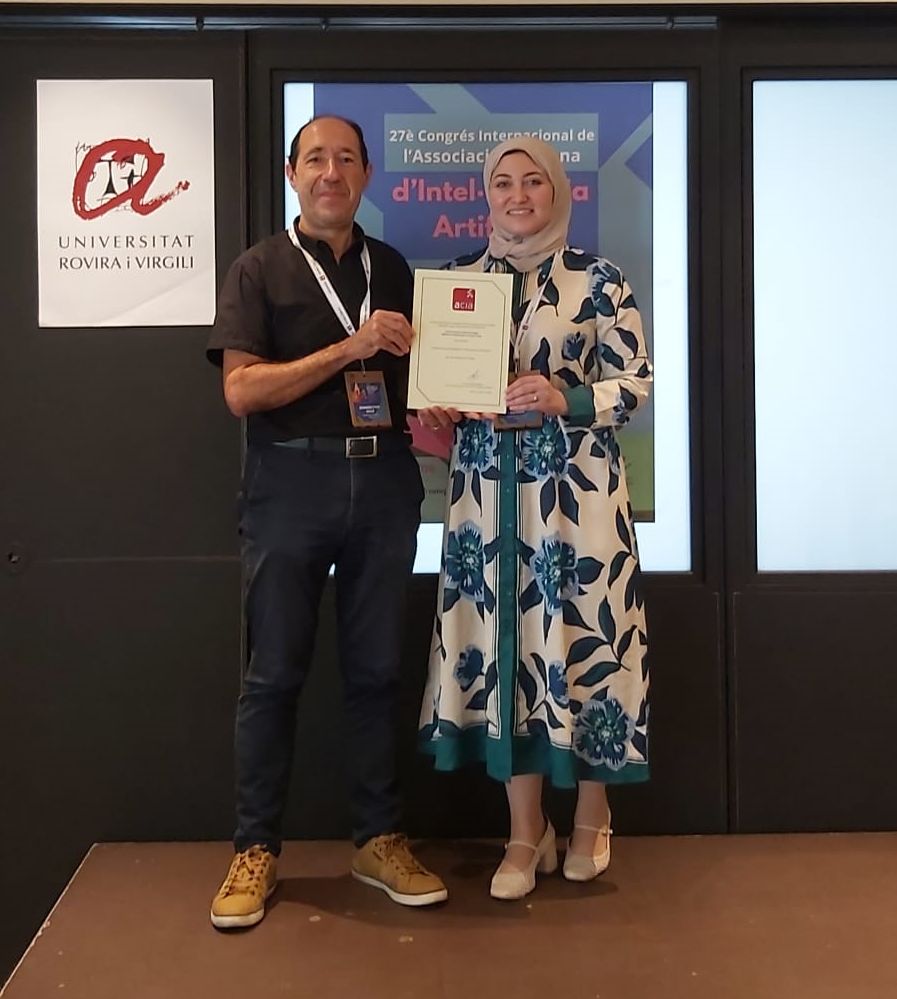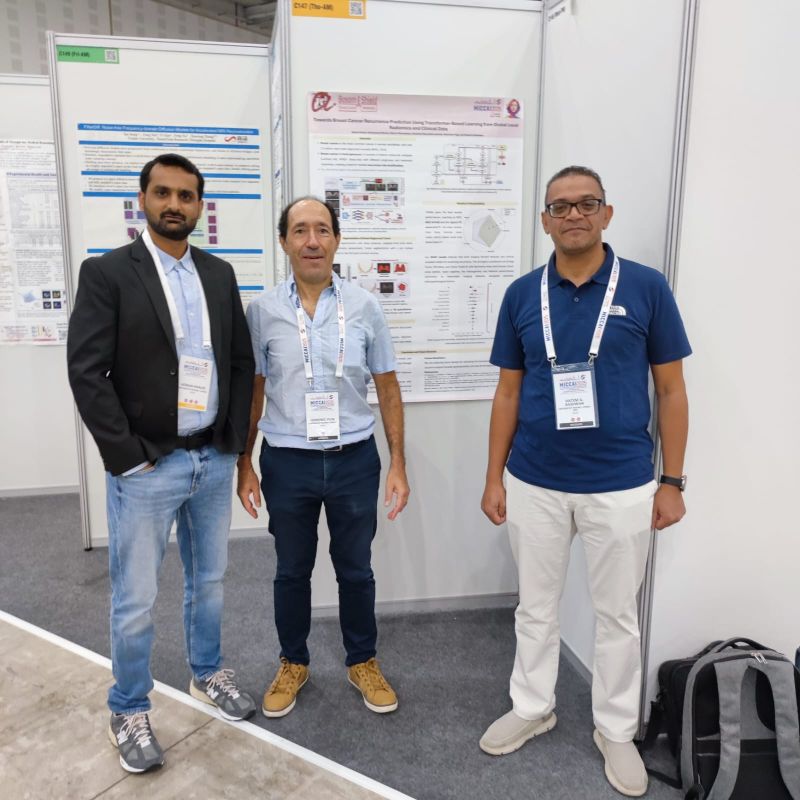Interpretable Deep Learning Frameworks for Multi-Source Image Analysis of Diabetic Retinal Pathologies
Abstract: Integrating artificial intelligence (AI) and computer vision into medical imaging has led to transformative advances in diagnostic healthcare, particularly within ophthalmology. Among various eye-related diseases, Diabetic Retinopathy (DR) is one of the most prevalent and severe complications of diabetes mellitus, posing a leading cause of blindness globally. Early identification and precise classification of Diabetic Retinopathy (DR) are crucial for effective intervention and treatment planning. However, the increasing volume of retinal images that need to be analyzed and the scarcity of expert ophthalmologists necessitate the development of reliable automated screening systems. This thesis introduces a comprehensive deep learning framework designed to enhance the reliability and scalability of automated Diabetic Retinopathy (DR) diagnosis by addressing three fundamental challenges: image quality assessment (first), referable DR classification (second), and interpretability of both image quality and diagnostic outputs (third).







